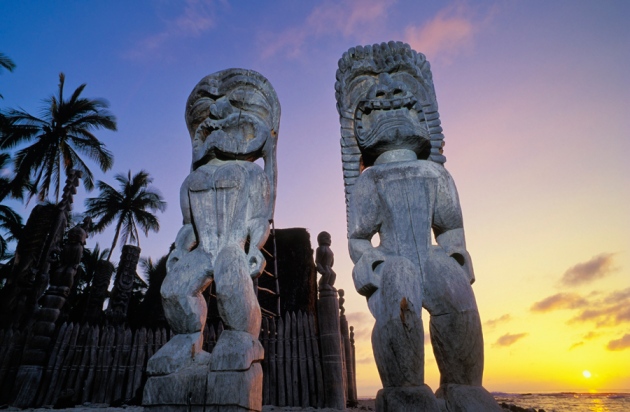All human societies have been shaped by religion, leading psychologists to wonder how it arose, and whether particular forms of belief have affected other aspects of evolved social structure. According to one recent view, for example, belief in a “big God”—an all-powerful, punitive deity who sits in moral judgement on our actions—has been instrumental in bringing about social and political complexity in human cultures.
But a new analysis of religious systems in Austronesia—the network of small and island states stretching from Madagascar to Easter Island—challenges that theory. In these states, a more general belief in supernatural punishment did tend to precede political complexity, the research finds, but belief in supreme deities emerged after complex cultures have already formed.
Joseph Watts, a specialist in cultural evolution at the University of Auckland in New Zealand, who worked on the study, wanted evidence to examine the idea that “big Gods” drive and sustain the evolution of big societies. Psychologist Ara Norenzayan at the University of British Columbia in Vancouver, Canada, has suggested that belief in moralizing high gods (MHGs) enabled societies to outgrow their limited ability to police moral conduct, by threatening freeloaders with retribution even if no-one else noticed their transgressions.
The most common examples of religions with MHGs—Christianity and Islam, the dominant representatives of so-called Abrahamic religions—are relatively recent and obviously postdated the appearance of complex societies. But the question is whether earlier MHGs, for example in Bronze Age civilisations, catalysed sociopolitical complexity or resulted from it.

